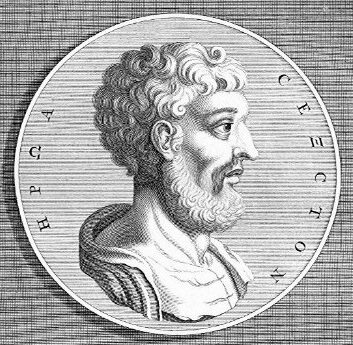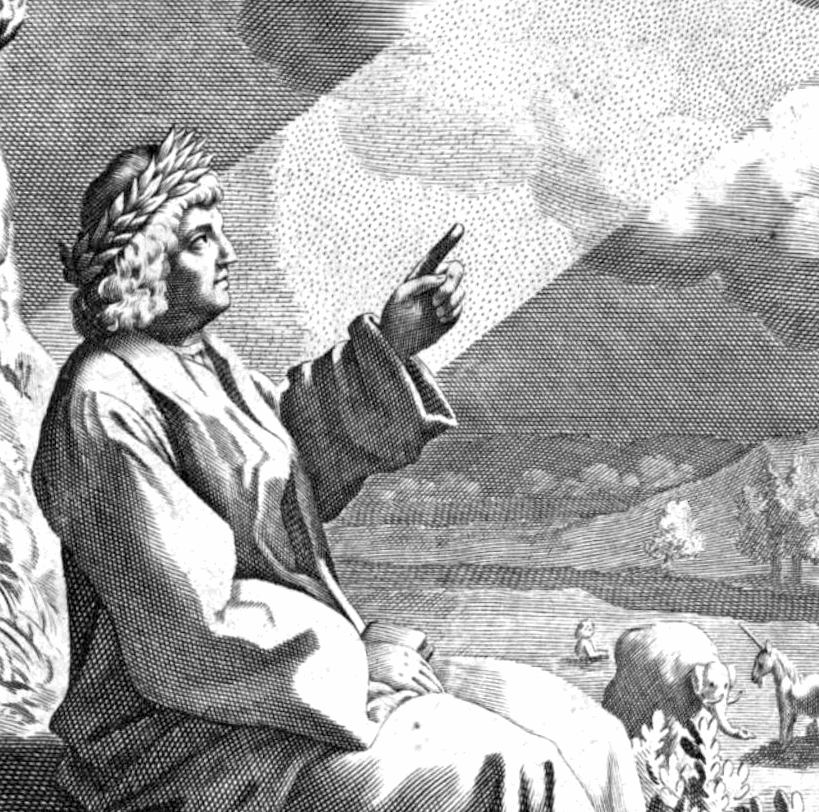Articles
metaphysics
-

In Book I of his traditionally-titled Against the Logicians (Book VII of Adversus Mathematicos), Sextus Empiricus presents a critique of how past philosophers have attempted to define the human being. He notes that these philosophers would pass off a definition as an “explanation of man” (132), a strategy that, for Sextus, would surely fail. First is the account that…
-

In his third letter of correspondence with Samuel Clarke, Leibniz outlines his position on the nature of space. Contrary to Newton, and Clarke who defends him, Leibniz holds that space is “something purely relative” (14), that space is not a substance or a thing that exists, but rather the relationship between the objects it seems…
-

In Book I of On the Nature of Things[1], Lucretius provides arguments for the existence of two main things that exist: matter and the void. Further, he argues that there are no other types of things besides these. First, Lucretius asserts that matter is known to exist by means of sensory perception. We see matter, we…
-

According to Leibniz, the actual world is the best of all possible worlds. He outlines a simple argument for this conclusion in The Monadology, §§53-55. The argument proceeds as follows: God has the idea of infinitely many universes. Only one of these universes can actually exist. God’s choices are subject to the principle of sufficient reason, that…